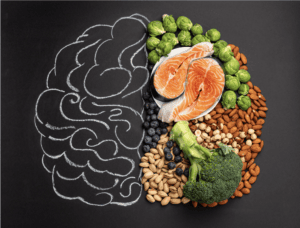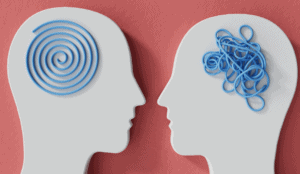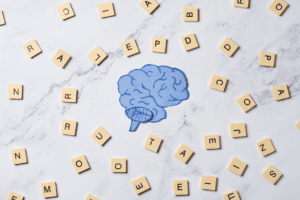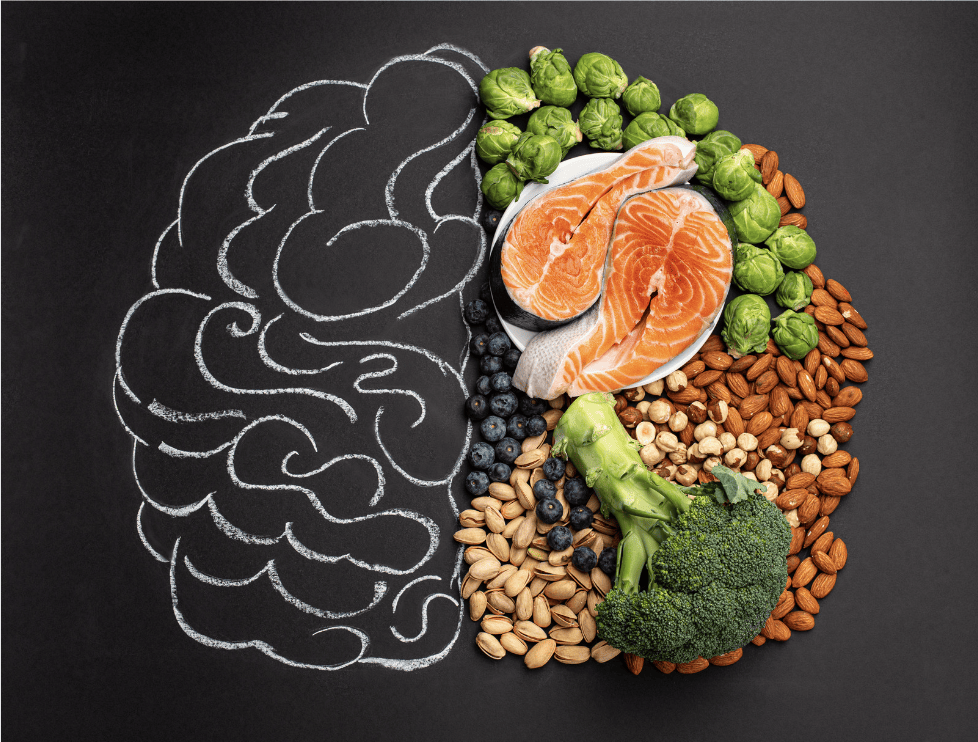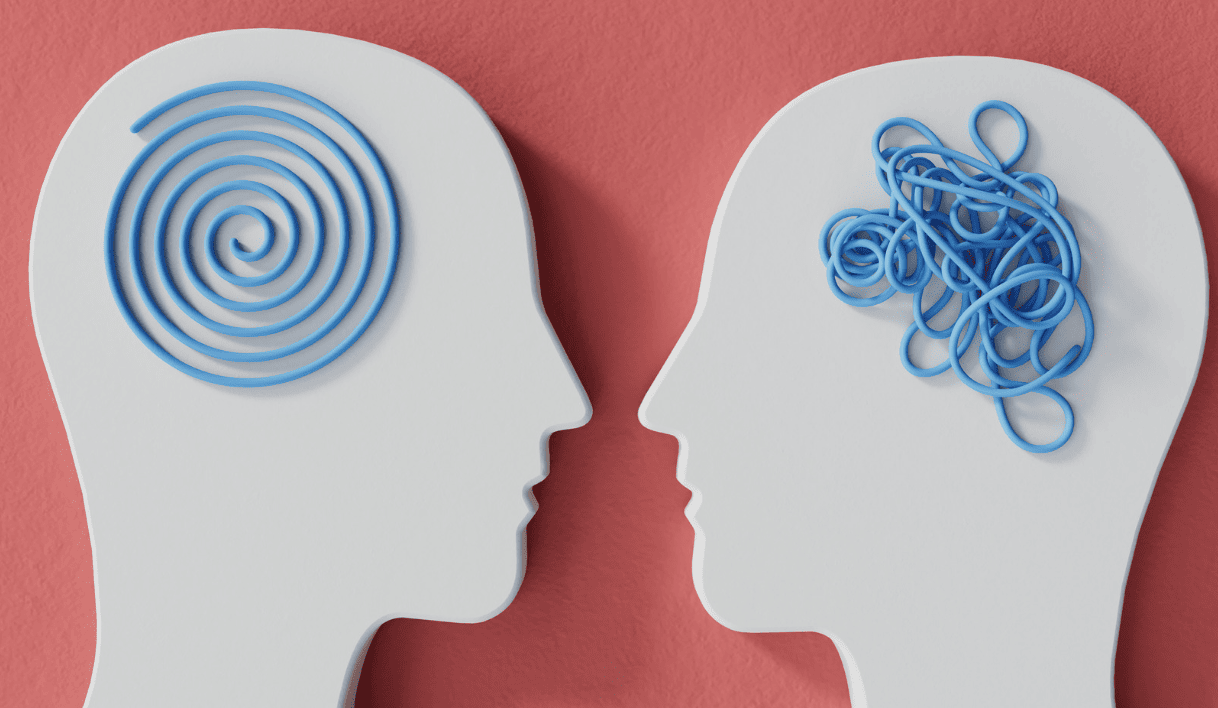Living Your Best Life Through Diet, Exercise & Sleep
Our overall well-being is deeply interconnected with the food we eat, how physically active we are, and the amount of quality sleep we get. Making positive changes in these three key areas can have profound effects on our health, energy levels, mood, and quality of life.
This blog will explore the power of diet, exercise, and sleep – and provide tips for making sustainable lifestyle changes to help you live your absolute best life.
The Power of Diet
The foods we regularly eat make up the fuel that powers our days. A diet rich in nutrient-dense whole foods like fruits, vegetables, whole grains, lean proteins, and healthy fats provides the vitamins, minerals, fiber, protein, and good fats we need for optimal health.
Nutrient-Rich Foods for Optimal Health
Fruits and vegetables are full of antioxidants, vitamins, and minerals that boost immunity, support detoxification, and reduce inflammation. They also provide fiber that promotes digestive and heart health.
Whole grains like oats, quinoa, brown rice, and whole wheat bread offer sustained energy, fiber, B vitamins, iron, magnesium, and selenium.
Lean proteins like poultry, fish, eggs, legumes, nuts, and seeds help build and repair tissue, support muscle growth, and keep us feeling full.
Healthy fats like olive oil, avocados, nuts, and omega-3 fatty acids regulate cholesterol, hormones, and brain function.
Impact of Diet on Energy Levels and Mood
The foods we eat directly impact our energy levels and mood. Refined sugars and processed carbohydrates lead to energy crashes, while protein, fiber, and healthy fats provide sustained energy.
There is also growing research on the “gut-brain axis” showing that a healthy gastrointestinal system supports positive mental health outcomes1. Avoiding inflammatory foods like added sugars, fried foods, alcohol, and processed meat can improve gut health.
Exercise for Physical and Mental Fitness
Regular physical activity keeps our bodies and minds in top working condition.2
Benefits of Regular Physical Activity
Cardiovascular exercise strengthens the heart and lungs, improves circulation, manages weight, and reduces disease risk.
Strength training builds muscle mass and bone density, boosts metabolism, and helps prevent injuries.
Stretching enhances flexibility, which supports mobility and functionality.
The mental health benefits of exercise are just as important. Exercise stimulates the release of endorphins, which elevate mood and relieve stress. It also enhances self-esteem and cognitive function.
Finding the Right Movement Routine
Finding activities you enjoy is key to sticking with an exercise routine long-term. Try various options like walking, cycling, running, swimming, dance classes, tennis, weight lifting, or yoga.
Start slowly and increase duration and intensity over time. Even short 10-minute exercise sessions a few times a week are beneficial.
The Importance of Quality Sleep
Sleep allows our body and mind to recharge. The sleep cycle moves through light sleep into deep slow-wave and REM sleep. Slow-wave sleep restores muscles and organs, while REM sleep supports learning and memory consolidation.3 Disrupting these cycles through poor sleep hygiene can negatively impact focus, problem-solving, mood, immunity, and cardiovascular health.
Creating a Healthy Sleep Environment
Improving sleep starts with consistent bedtime and wake-up times to align with the body’s circadian rhythms.
Limit exposure to blue light from screens before bedtime and keep the bedroom cool, dark, and quiet.
Relaxation techniques like meditation, deep breathing, and yoga can promote restfulness. Avoid stimulants like caffeine, alcohol, and heavy meals too close to bedtime. Prioritizing high-quality sleep is essential for health.
The Interconnectedness of Diet, Exercise, and Sleep
Diet, exercise, and sleep are integrally linked and create total mind-body wellness. A nutritious diet provides nutrients for energy metabolism, bone health, and muscle repair to support physical activity. Exercise helps regulate appetite hormones and melatonin production, which influence sleep cycles. Quality sleep allows tissue healing and restoration to occur after exercise while regulating hunger signals and metabolism.
So we know all three aspects are important, but how can we ensure we’re creating healthy habits around diet, movement, and sleep?
Practical Tips for Living Your Best Life
Here are some tips to live your best life.
- Create balanced meals with lean proteins, complex carbs, healthy fats, and plenty of fruits/veggies
- Try to get at least 10 minutes per day of moderate cardio exercise, like brisk walking
- Incorporate strength training 2-3 times per week to build muscle and support your metabolism
- Stretch regularly to improve flexibility and prevent injury
- Get 7-9 hours of sleep per night and go to bed/wake up at consistent times
- Limit exposure to blue light from electronics at night to improve sleep quality
- Use apps like Fresh Tri to set reminders and provide motivation for healthy habits
- Meal prep on weekends to set yourself up for healthy eating all week
- Schedule exercise on your calendar to make movement a consistent priority
- Unplug from electronics an hour before bedtime to relax and unwind
Change can be challenging, but take it one small step at a time. Seek support from professionals or communities when you need added guidance.
A Healthier You Can Start Today!
The synergistic power of eating nourishing foods, staying physically active, and getting quality sleep is profound. An integrated approach allows each element to reinforce the others so healthy lifestyle changes stick over the long term.
With commitment and self-compassion, living your best life by embracing these pillars of wellness is absolutely possible. The journey begins with a single step forward – start today!
- Carabotti, M., Scirocco, A., Maselli, M. A., & Severi, C. (2015). The gut-brain axis: Interactions between enteric microbiota, central and enteric nervous systems. Annals of Gastroenterology: Quarterly Publication of the Hellenic Society of Gastroenterology, 28(2), 203-209. https://www.ncbi.nlm.nih.gov/pmc/articles/PMC4367209/
- Warburton, E. R., Nicol, C. W., & Bredin, S. D. (2006). Health benefits of physical activity: The evidence. CMAJ : Canadian Medical Association Journal, 174(6), 801-809. https://doi.org/10.1503/cmaj.051351
- Worley, S. L. (2018). The Extraordinary Importance of Sleep: The Detrimental Effects of Inadequate Sleep on Health and Public Safety Drive an Explosion of Sleep Research. Pharmacy and Therapeutics, 43(12), 758-763. https://www.ncbi.nlm.nih.gov/pmc/articles/PMC6281147/





